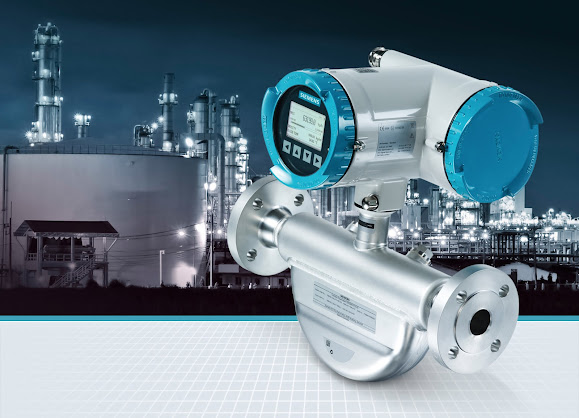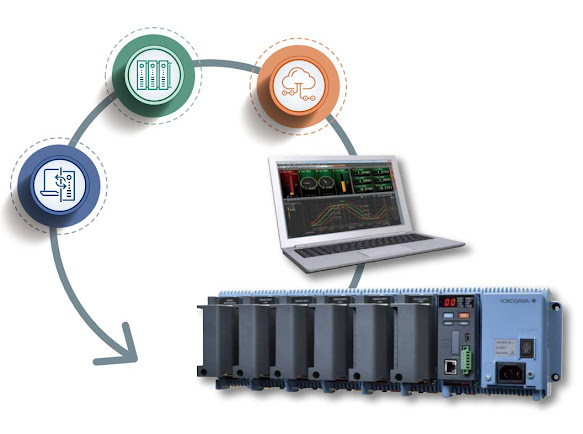How To Choose The Right Flow Meter For Your Industry?
Selecting the right flow meter for your industry can be a game-changer, ensuring accurate measurements, efficient processes, and cost savings. With so many options available, how do you find the perfect fit? Let’s dive into the world of the best flow meters and explore the factors you need to consider to make the best choice.
Understanding Flow Meters
Flow meters are essential devices to measure the flow rate of liquids or gases in a pipeline. They come in various types, each with unique features suited to specific applications. The right flow meter can enhance operational efficiency, reduce wastage, and ensure compliance with industry standards.

Key Factors to Consider
Type of Fluid
The first step in selecting a flow meter is understanding the type of fluid you’ll be measuring. Different fluids have varying properties, such as viscosity, density, and conductivity, which can influence the performance of a flow meter. Here are some common fluid types and the best flow meters for each:
Liquids: Positive displacement, turbine, and electromagnetic flow meters are great choices.
Gases: Thermal mass, differential pressure, and vortex flow meters work well.
Slurries and Viscous Fluids: Coriolis and ultrasonic flow meters are ideal.
Flow Rate and Range
Consider the flow rate and range you need to measure. Some flow meters are better suited for low flow rates, while others can handle high volumes. Ensure the flow meter you choose can accurately measure within your required range without compromising accuracy.
Accuracy and Precision
Accuracy is critical in many industries, such as pharmaceuticals and chemical processing, where minor discrepancies can have significant consequences. Check the accuracy specifications of the flow meter and ensure it meets your industry standards.
Installation Environment
The environment where the flow meter will be installed plays a crucial role in its selection. Factors like temperature, pressure, and the presence of hazardous materials can affect the flow meter's performance. For example, electromagnetic flow meters are excellent for clean water applications but may not be suitable for highly corrosive environments.
Popular Types of Flow Meters
Electromagnetic Flow Meters
Electromagnetic flow meters are widely used in the water and wastewater industry. They work on Faraday’s Law of Electromagnetic Induction and are ideal for measuring the flow of conductive liquids. They are known for their accuracy, reliability, and minimal maintenance.
Coriolis Flow Meters
Coriolis flow meters are highly accurate and versatile. They are suitable for various fluids, including gases and slurries. They measure mass flow rate by detecting changes in fluid momentum. These flow meters are perfect for high-precision applications like chemical processing and oil and gas.
Ultrasonic Flow Meters
Ultrasonic flow meters use sound waves to measure the flow rate of liquids. They are non-invasive and can be installed outside the pipe, making them ideal for applications where it’s challenging to interrupt the flow. These flow meters are commonly used in water treatment, HVAC systems, and energy management.
Turbine Flow Meters
Turbine flow meters measure the velocity of liquids and gases. They are known for their accuracy and reliability in clean, low-viscosity fluids. These flow meters are widely used in aerospace, pharmaceuticals, and food and beverage industries.
Making the Right Choice
Choosing the right flow meter involves understanding your application needs and matching them with the appropriate flow meter type. Here’s a quick checklist to help you make an informed decision:
- Identify the type of fluid you need to measure.
- Determine the required flow rate and range.
- Consider the accuracy and precision needed for your application.
- Assess the installation environment and any potential challenges.
By considering these factors, you can select the best flow meters for your industry, ensuring efficient and accurate flow measurement.
Conclusion
Investing in the right flow meter is crucial for optimising your processes and maintaining high standards in your industry. With a clear understanding of your needs and the various types of flow meters available, you can make an informed choice that will benefit your operations for years to come.
Remember, the key to selecting the perfect flow meter lies in understanding your application and the unique demands of your industry.


Comments
Post a Comment